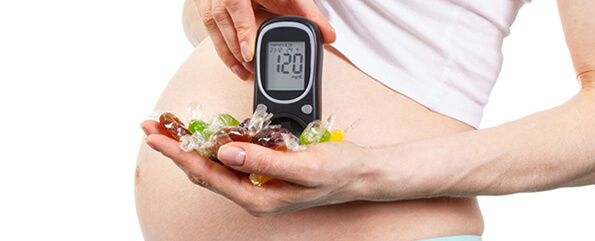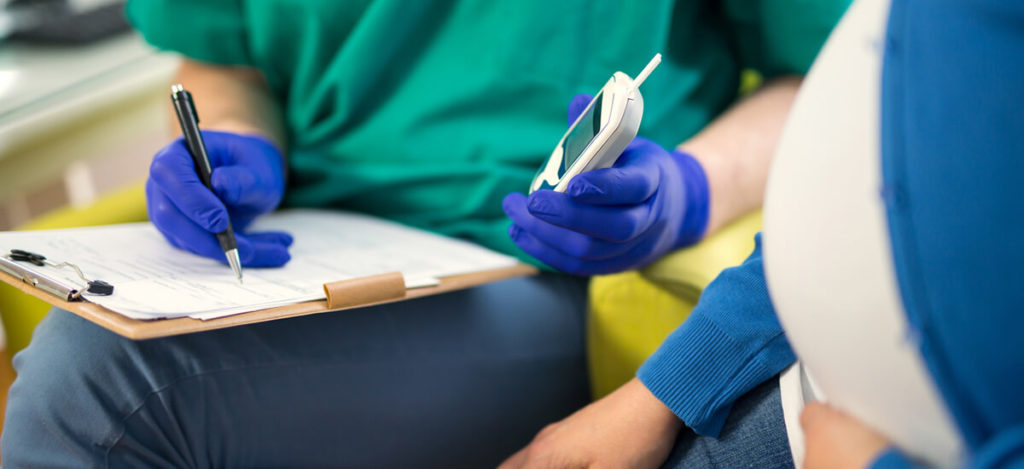This study will examine how two thyroid preparations-levothyroxine (T4) and liothyronine (T3)-affect fat and cholesterol metabolism, blood sugar regulation, and thyrotropin secretion in patients who have had their thyroid gland removed. Results of the study may help in the development of better therapies to optimise blood sugar and cholesterol levels in some patients.
Official Title
Peripheral Thyroid Hormone Conversion and Glucose and Energy Metabolism.
Conditions
- Thyroid Diseases
- Thyroidectomy
- Replacement Thyroid Hormone Therapy
- Near Total Thyroidectomy
Study Type
Interventional
Study Design
Other, Randomised, Double Blind (Subject, Caregiver, Investigator), Crossover Assignment.
Further Details
Thyroid hormone action plays an important role in the regulation of many physiologic processes, among them glucose and lipid metabolism. Interestingly, the clinical presentation of thyroid dysfunction is extremely variable, with relatively poor correlation between circulating hormone levels and clinical features. This finding suggests that the local, intracellular concentration of the active hormone liothyronine (T3), regulated by peripheral conversion of the pro-hormone levothyroxine (T4), is an important determinant in the maintenance of the thyroidal homeostasis.
The aim of the present study is the evaluation of the role of peripheral thyroid hormone conversion in the regulation of glucose and lipid metabolism by assessing the differential response to T4 or T3 treatment in subjects devoid of endogenous thyroid hormone production. T3 administration bypasses peripheral metabolism and therefore will allow us to assess the role of the peripheral thyroid hormone conversion in the regulation of the hormone action at the end-organ level.
Study Start
March 2005
Eligibility & Criteria
- Ages Eligible for Study: 18 Years to 65 Years
- Genders Eligible for Study: Both
- Accepts Healthy Volunteers: No
Inclusion Criteria:
- Age greater than or equal to 18 years, male or female.
- History of total or near total thyroidectomy or hypothyroidism on replacement therapy.
- For non-thyroidectomised patients, at least three-year history of replacement therapy (at least 1.2 mcg/Kg LT4/body weight), and less than 5% uptake at 24H on (123)I thyroid scan while on replacement therapy.
- Written informed consent.
Exclusion Criteria:
- BMI less than or equal to 20 or greater than or equal to 30 kg/m(2).
- Metastatic thyroid cancer or history of thyroid cancer with high risk of recurrence requiring suppressive thyroid hormone therapy (Singer 1996).
- Significant thyroid residual greater than 1 mL as measured by ultrasound (limited to thyroidectomised patients) or greater than 5 percent uptake at 24H on (123)I thyroid scan while on replacement therapy (limited to hypothyroid patients not undergone total thyroidectomy).
- History or symptoms compatible with cardiovascular disease, including paroxysmal supraventricular tachycardia, atrial fibrillation, syncopal episodes or use of prescription medications for heart conditions, including antihypertensives.
- Allergy to lidocaine, isoproterenol, TRH, levothyroxine, liothyronine, Tylenol #3, oxycodone, nitroglycerin.
- Pregnancy or unwillingness to use non-hormonal contraception during the study.
- Breastfeeding
- Use of hormonal contraceptives or estrogen replacement therapy.
- Use of tobacco (smoking, chewing) for the two weeks preceding the hospital admissions (metabolic testing)
- Diabetes mellitus, either type I or II.
- Hypercholesterolemia (serum levels greater than or equal to 240 mg/dL), hypertriglyceridemia (plasma levels greater than or equal to 220 mg/dL) and/or use of antilipemic therapy.
- Liver disease or ALT serum level greater than two fold the upper laboratory reference limit.
- Renal insufficiency or estimated creatinine clearance less than or equal to 50 mL/min.
- Use of medications/supplements/alternative therapies known to alter thyroid function.
- Current history or symptoms compatible with psychosis including major depression (including history of hospitalization for depression, history of attempted suicide, history of suicidal ideation).
- Use of antipsychotic medications
Total Enrolment
50
Contact Details
Patient Recruitment and Public Liaison Office
(800) 411-1222
prpl@mail.cc.nih.gov
Locations:
National Institutes of Health Clinical Center,
9000 Rockville Pike
Bethesda, Maryland
United States, 20892
All content and media on the HealthEngine Blog is created and published online for informational purposes only. It is not intended to be a substitute for professional medical advice and should not be relied on as health or personal advice. Always seek the guidance of your doctor or other qualified health professional with any questions you may have regarding your health or a medical condition. Never disregard the advice of a medical professional, or delay in seeking it because of something you have read on this Website. If you think you may have a medical emergency, call your doctor, go to the nearest hospital emergency department, or call the emergency services immediately.







